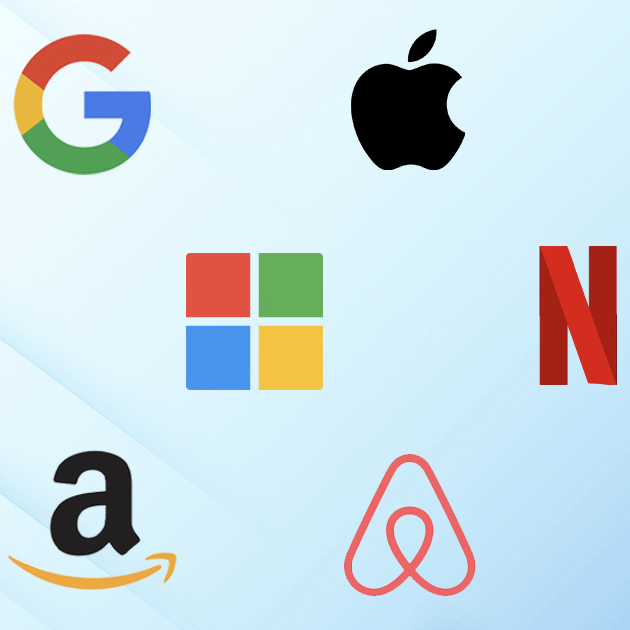I’m a Data Engineer at a slow-moving finance company who’s looking for my next job in Big Tech. I just had a recruiter from Stripe reach out about scheduling an interview, which happened because I had a buddy who works at stripe refer me to the role. The position is for backend engineer.
The recruiter says the call will be 20 minutes and I should come prepared with “the most technically complex project” I’ve worked on, and talk about my role, duration, number of engineers, and stakeholders.
I’m nervous about this because my current role is something of a hybrid between data engineer and data analyst and I do a fair bit of data-analyst type work. It’s not that I don’t have projects I can talk about, it’s just that I’m insecure about them and I feel like they are unimpressive to a ‘real’ software engineer and this becomes apparent under sustained scrutiny. So maybe I can get by the 20 minute intro call, but there will surely be an hour-long session later where they want to go into excruciating detail. I do have some experience with backend as well, but it’s already almost 3 years ago now.
My question is this: how can I go about improving my situation? I’m applying for entry-level roles (IC1) and was under the naïve assumption that I just had to get very good at DSA/Leetcode. Obviously, this is not the case.
In order to better handle these project walkthroughs going forward, I see a number of potential approaches, which are not necessarily mutually exclusive:
- Get better at discussing projects in my current toolkit. Ditch the imposter syndrome and spend more time thinking about what I already have.
- Invest more in my current job to create better projects with ‘scope’ that are more impressive in interview rounds. Right now, I’m not very committed to my work and coast, doing whatever is assigned to me but in a minimalist way. My current manager has told me how he wants me to be more active in getting things done and taking on a larger role, but as a Tier-3 company, there is no expectation or requirement for me to do so (i.e. very low chance of me being let go), and furthermore, I tell myself I will be leaving soon, so why take on more responsibility? This might ironically contribute to it being harder for me to move since I don’t do the kinds of things that make it easier to interview.
- Do side-projects outside of work that I can discuss. But here I run into the issue that I’m not working with anyone (unless it’s open source) and this is probably not the best approach unless my side-project is really good with users. I’ve heard Alex and Rahul say this a number of times.
Happy to hear anyone’s thoughts about how I can improve my situation. I probably have the wrong attitude towards my current role, as I’ve been wanting to leave it for over a year. I’ve thought about quitting a lot so I can have more time for interviewing, side-projects, networking, learning, and prep, but everyone says that’s a bad idea (especially in the current climate), so it’s easier to just muddle on in my current role.
Thoughts are welcome!
